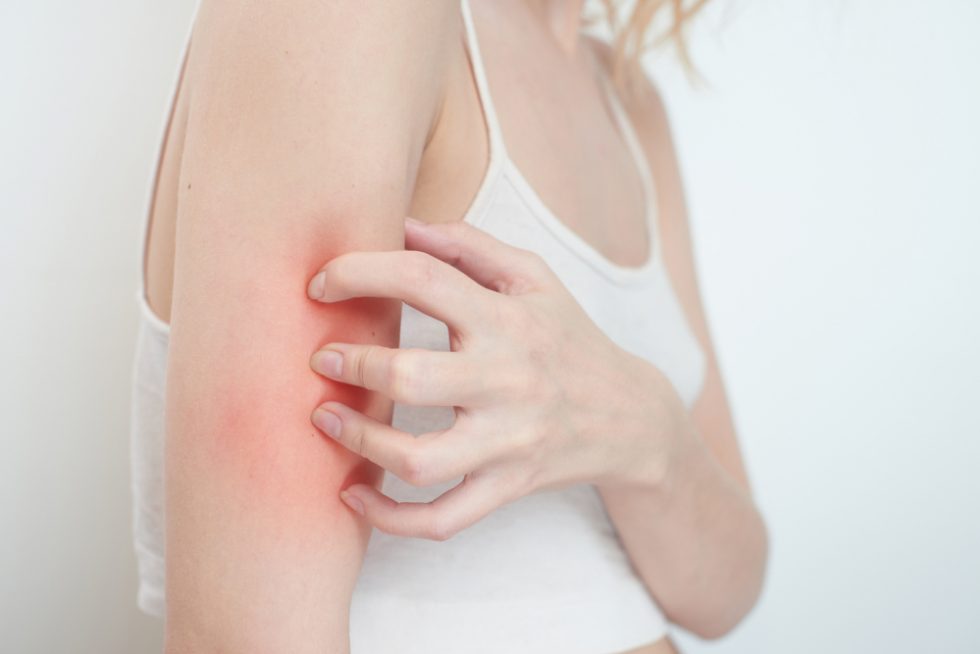
Managing Common Vulvar Skin Conditions
Many women spend a considerable amount of time tending to the health and appearance of the skin on their faces.
However, the delicate skin of the vulva, which is the external area surrounding the vagina, is also prone to irritation and inflammation and warrants gentle care.
So, what are some common dermatological issues that women should be aware of down there?
Continue reading to learn all about managing vulvar skin conditions. Here’s what you need to know about the causes, symptoms, and treatment of eczema, psoriasis, lichen planus, and lichen sclerosus.
Eczema
Eczema is a common vulvar skin condition that may cause a cycle of itching and scratching and present with red patches, thin cracks, weeping, and crusting. It’s often prompted by exposure to an irritant, such as soap, bubble baths, detergent, or adult or baby wipes, or an allergen, which can include propylene glycol, fragrances, and latex.
Treatment of eczema usually involves gentle skin care and topical corticosteroid ointment two times per day for two-to-four weeks.
Psoriasis
This vulvar skin condition is characterized by pink patches of skin with defined edges and typically affects the labia majora. Psoriasis on the vulva or other parts of the body occurs when new skin cells are produced too rapidly.
A topical steroid cream or ointment is indicated in the treatment of vulvar psoriasis, and if a patient experiences split skin prone to infection, an antibiotic or anti-yeast medication may also be prescribed.
Lichen planus
Lichen planus is linked to an overactive immune system and may result in soreness, burning, and rawness and a pale or pink appearance to vulvar skin. It’s also possible to note white lacy borders. This vulvar skin condition can impact superficial and underlying tissue and, if left untreated, may even lead to scarring that alters the vulva’s shape.
Management of lichen planus often requires a high potency topical steroid.
Lichen sclerosus
Women that are post-menopausal and have psoriasis are at the greatest risk for lichen sclerosus, whose most predominant symptom is itching.
Relief can be achieved by applying a high potency corticosteroid ointment for several weeks and then gradually tapering the dose.
If you are experiencing any irritation or vulvar skin conditions, please call Tysons Gynecology today to schedule a consultation.




Add A Comment
You must be logged in to post a comment.